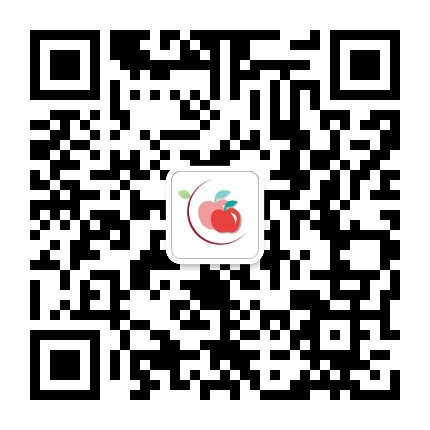iOS Signing: The Ultimate Guide to Securing and Distributing Your Apps
iOS signing is an essential process that ensures the security and reliability of an iOS app. Signing allows iOS devices to verify the authenticity of an app and confirm that it comes from a trusted source. In this guide, we will explore the different types of iOS signing and the steps you need to take to secure and distribute your apps.
What is iOS Signing?
iOS signing is a process that ensures the authenticity and integrity of an iOS app. When an iOS app is signed, it receives a digital signature that includes information about the app and the developer. This signature is verified by iOS devices before the app is installed or updated. The signature indicates that the app comes from a trusted source, guaranteeing the security and reliability of the app.
Types of iOS Signing
There are two types of iOS signing: developer signing and distribution signing. Developer signing is used during the development process for testing and debugging. It allows developers to install their apps on their own devices without going through the App Store. Distribution signing is used when an app is ready to be released to the public. It allows developers to distribute their apps to users through the App Store or enterprise channels.
Developer Signing
Developer signing requires an Apple developer account and a certificate. The developer creates a certificate signing request on their Mac, which is then submitted to Apple to receive a development certificate. This certificate is then used to sign the app during development. The developer can then install the app on their own device for testing.
Distribution Signing
Distribution signing requires an Apple developer account, an app ID, and a distribution certificate. The developer creates a distribution provisioning profile that includes the app ID and the distribution certificate. This profile is then used to sign the app for distribution through the App Store or enterprise channels. The app must go through Apple’s review process before being released on the App Store.
Enterprise Signing
Enterprise signing is used for distributing apps within an organization. Enterprise signing allows developers to distribute their apps without going through the App Store. This type of signing requires an enterprise developer account and an enterprise distribution certificate. The enterprise distribution profile is then used to sign the app for internal distribution.
Best Practices for iOS Signing
To ensure the security and reliability of your iOS apps, it is important to follow these best practices for iOS signing:

Only sign your apps with trusted certificates and profiles.
Protect your signing certificate and profile with a strong password.
Regularly renew your certificates and profiles.
Set expiration dates for your certificates and profiles.
Only distribute your apps through trusted channels.
Regularly monitor your signing certificates and profiles for any unauthorized activity.
Conclusion
iOS signing is a critical process for securing and distributing iOS apps. Whether you are a developer or an enterprise, it is important to follow best practices for iOS signing to ensure the security and reliability of your apps. By following these guidelines, you can protect your apps and your organization from potential threats.



